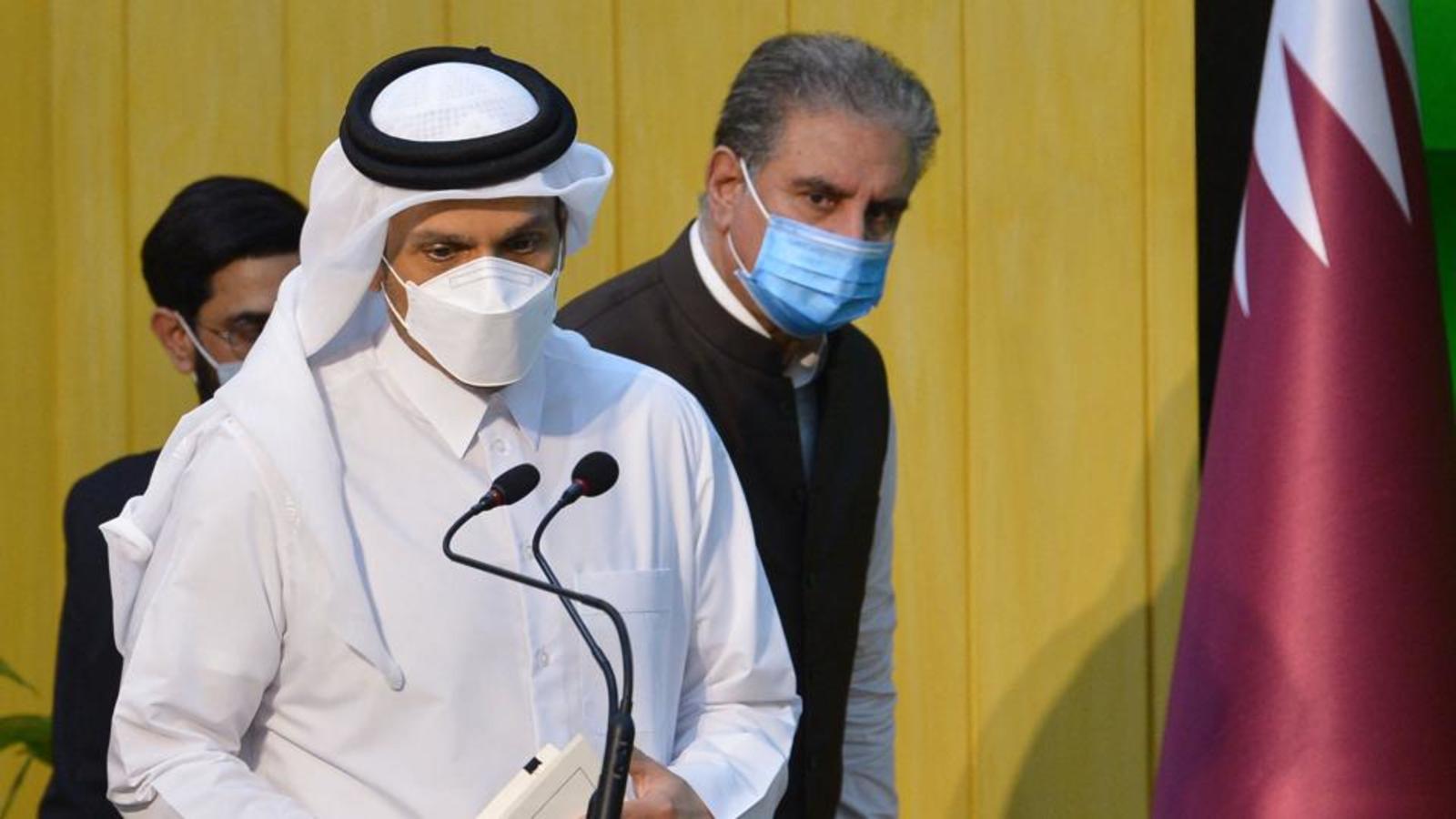Not Turkey, Pakistan and Qatar could be the first to recognise Taliban cabinet | World News

NEW DELHI: Pakistan and Qatar are jockeying for influence in Afghanistan and appear to be working towards recognising the Taliban setup in Kabul amid persisting security concerns within the world community, people familiar with developments said.
Turkey, which has emerged as a key player in Afghanistan and played an important part in restoring the Kabul airport, however, has linked any larger role in the war-torn country to the formation of an inclusive government by the Taliban.
The people cited above said on condition of anonymity that Pakistan and Qatar could well become the first two countries to recognise the Taliban’s interim cabinet. Both countries sent top leaders to Afghanistan following reports of differences within the Taliban ranks over the division of responsibilities and power-sharing.
Lt Gen Faiz Hameed, the chief of Pakistan’s Inter-Services Intelligence (ISI) agency, rushed to Afghanistan in early September, shortly after the first reports of differences within the Taliban leadership over the formation of a governing setup. Qatar’s foreign minister Sheikh Mohammed bin Abdulrahman Al-Thani visited Kabul about a week later, and held talks with top Taliban leaders, including Prime Minister Mohammad Hassan Akhund.
Lt Gen Hameed played a key role in helping put together the interim setup in Kabul, in which most of the important positions were given to hardliners from the Haqqani Network and the Kandahar faction of the Taliban, the people said. The move also led to the sidelining of Taliban leaders perceived as more moderate and outside the scope of Pakistan’s influence, such as Abdul Ghani Baradar.
Both Pakistan and Qatar have also been lobbying the world community to engage with the Taliban. In a recent interview with Al-Jazeera, Pakistan foreign minister Shah Mahmood Qureshi said the international community has to engage with the “new reality” in Kabul and unfreeze Afghanistan’s assets so that country can deal with a humanitarian crisis.
Qatar’s emir Tamim bin Hamad al Thani, during his address to the UN General Assembly last month, too urged world leaders to engage with the Taliban. He stressed the “necessity of continuing dialogue with Taliban because boycott only leads to polarisation and reactions, whereas dialogue could bring in positive results”.
A diplomat from a regional country, who declined to be named, said: “These are clear signs that Pakistan and Qatar are pressing others to take steps that will help their efforts to recognise the Taliban regime.”
Turkey, which has emerged as a base for many former Afghan ministers and lawmakers following the Taliban takeover of Kabul on August 15, has adopted a more nuanced position. Turkish President Recep Tayyip Erdogan has linked even the taking over of operations at Kabul airport to the formation of an “inclusive” government in Afghanistan that embraces all factions and women.
Also Read: Taliban face shift from war to policing streets
“So long as that will be the question we won’t be present in Afghanistan, but if the government shall be more inclusive, we can be there, present, as Turkey,” he said last month.
Turkey is also focused on protecting the interests of sizeable Turkic groups that account for a little more 10% of Afghanistan’s population.
India has cautioned the world against rushing into recognising the Taliban setup, pointing out that it isn’t inclusive and was formed without negotiations. It is also wary about Pakistan’s role and influence with the Taliban.
Sameer Patil, fellow for international security studies at Gateway House, said it wouldn’t be surprising if Pakistan and Qatar recognise the Taliban setup, though other countries, including China, have adopted a wait-and-watch approach.
“Since the formation of the Taliban’s interim cabinet, it has become clear that what Taliban elements in Doha were projecting was a facade. This setup belied the expectations of most countries, which don’t want to recognise a regime that includes UN-proscribed individuals. China, as a P5 member of the UN Security Council, is unlikely to do anything that complicates its quest for global leadership,” he said.

“평생 사상가. 웹 광신자. 좀비 중독자. 커뮤니케이터. 창조자. 프리랜서 여행 애호가.”
